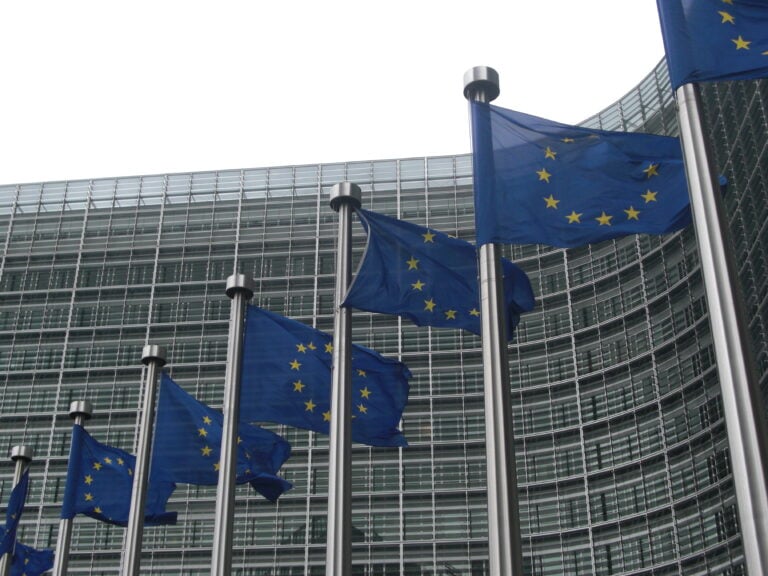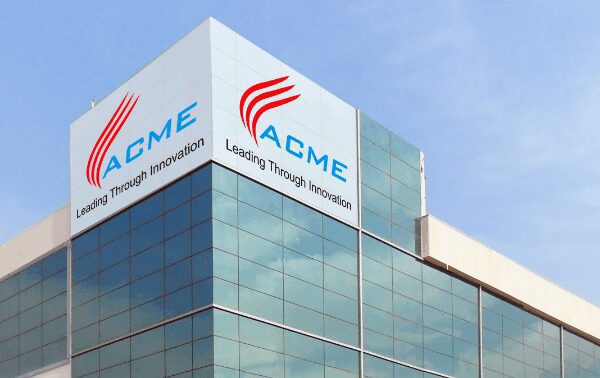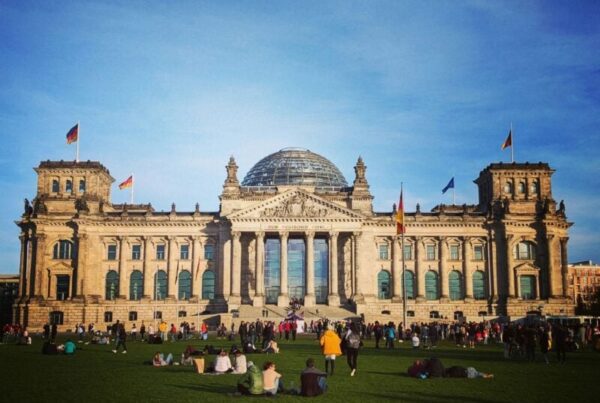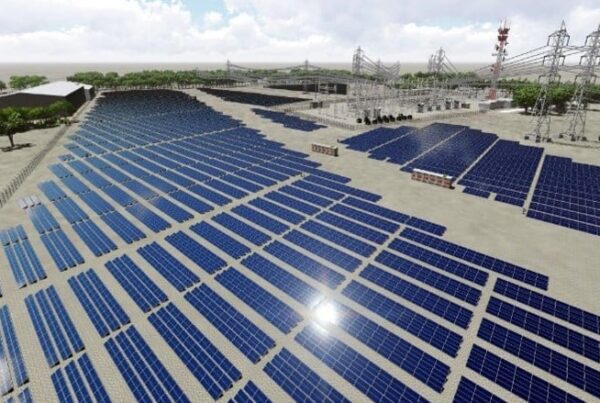
Industry association SolarPower Europe (SPE) has welcomed a proposal from the European Commission (EC) on an EU market ban on products made using forced labour.
The proposal covers all products – those made in the EU for domestic consumption and export, and imported goods – without targeting specific companies or industries.
SPE said it is “deeply aligned” with the EC’s goal of tackling forced labour, adding: “The solar sector is unwavering in its commitment to reinforce responsible, transparent and sustainable supply chains.”
The association said it will now take time to analyse the proposals before sharing its detailed feedback with the EC.
The proposal needs to be discussed and agreed upon by the European Parliament and the Council of the European Union before it can enter into force. It would apply 24 months after its enactment.
Under the proposals, national authorities in EU member states would investigate products for which there are well-founded suspicions that they have been made with forced labour. They would be able to request information from companies and carry out checks and inspections, including in countries outside the EU.
If national authorities find evidence of forced labour, they would be able to order the withdrawal of the products already placed on the market. Companies would be required to dispose of the goods.
The announcement comes after the European Parliament passed a resolution earlier this year condemning human rights abuses in China’s Xinjiang region as it called on the EC to enact tougher trade sanctions on the country.
In the US, the country’s Uyghur Forced Labor Prevention Act came into force in June and assumed that any items “wholly or in part” made in Xinjiang are a product of the region’s alleged labour camps for ethnic minorities, meaning they are prohibited from entering the US.






